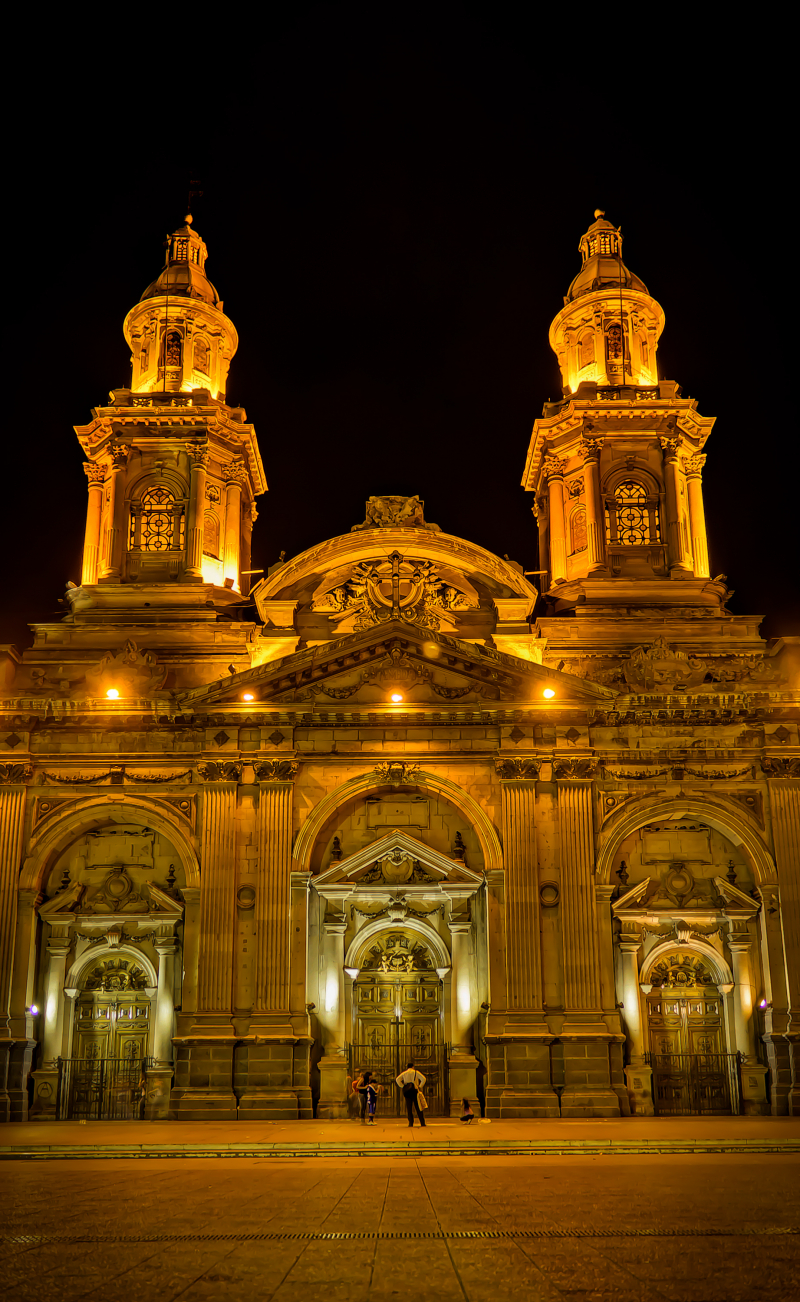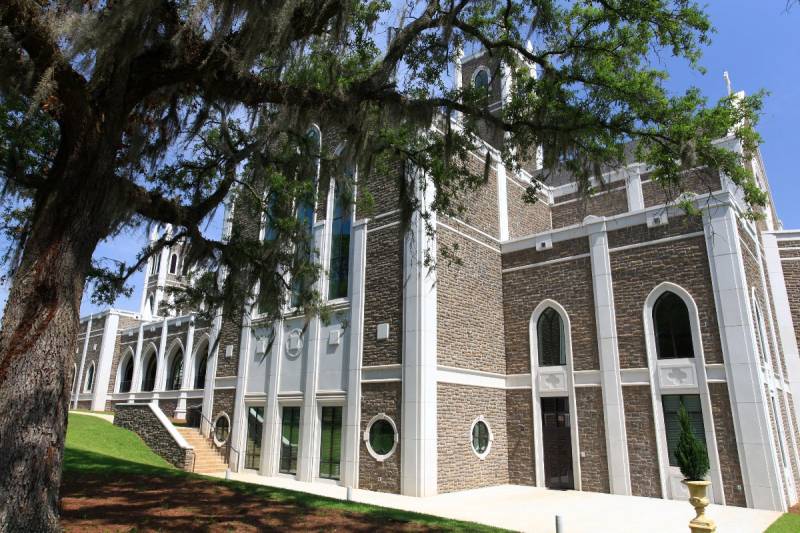Religious Beliefs
The Central American nation of Costa Rica covers an area of 51,060 square km and hosts a population of 4.9 million people. Christianity is the religion of the majority in Costa Rica. Roman Catholicism is the main denomination. Catholics account for 57% of the total population of the country. 25% of the country is made up of Protestants.
Christianity was introduced to the country by Europeans. Christian missionaries spread the teachings of Christianity and forcibly converted the local population. While the Catholic church dominates in Costa Rica, several of the Protestant denominations, especially the Evangelicals, are growing in popularity. Irreligion is the second most cited religious belief system in Costa Rica. Irreligion refers either to Agnosticism (the belief that people do not know whether there is a higher being) and Atheism (the belief that there isn't a higher being).
The country has more Buddhists than any other Central American nation. Chinese immigrants who arrived in Costa Rica in the 19th and 20th centuries introduced religion to the country. Although many of them converted to Christianity due to the influence of the conservative society in the country, others managed to hold on to Buddhism. The Casa Zen was one of the first Buddhist temples to be established in the country. Today, the religion has around 100,000 followers in the country.
About 500 families are practicing Islam in Costa Rica. About 2,500 members of the Jewish faith also live in the country. The Jehovah's Witnesses who represent less than 1% of Costa Rica’s population are mainly found on the Caribbean coast of the country. Followers of Taoism, the Bahá'í Faith, Wicca, Hinduism, Hare Krishna, Scientology, etc., also inhabit the country but in very small numbers. Animism is also practiced by a section of the country's indigenous people.












